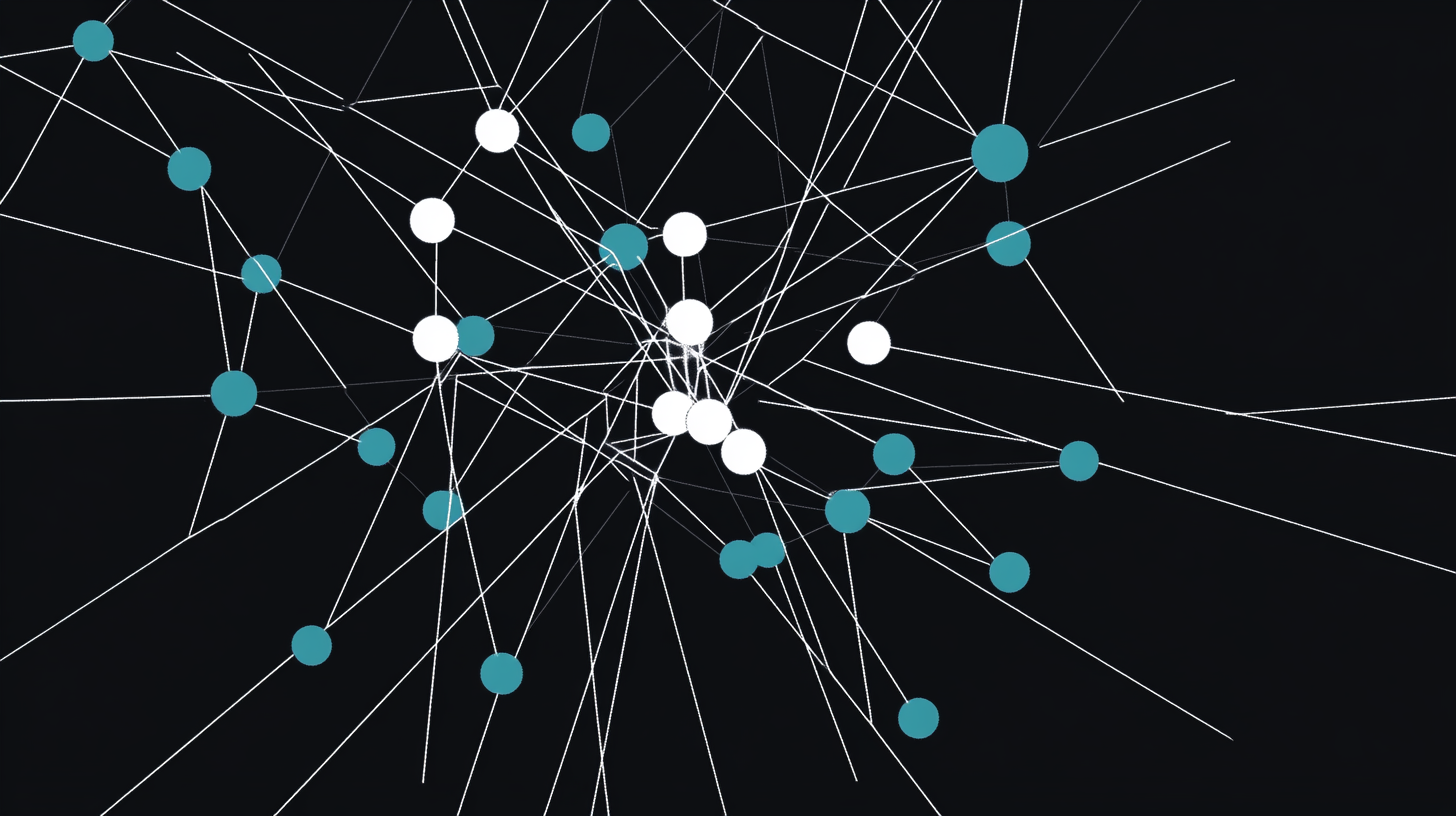Perplexity's ad plan suggests AI search engines may struggle to drive traffic to sources

Perplexity AI is set to introduce advertising in its app during the fourth quarter. The company's decision to use a cost-per-mille (CPM) model, instead of the cost-per-click (CPC) model common in search engines, may indicate low click-through rates on source links.
A CNBC source reports that AI startup Perplexity AI will launch advertising on its app in Q4. Advertisers will be able to sponsor "related questions" below answers and place display ads to the right of Perplexity-generated responses.
The company's pitch deck shows that initial ad categories will focus on topics such as technology, health and pharmaceuticals, arts and entertainment, finance, and food and drink. The platform currently handles about 230 million searches, a significant increase over last year.
According to the source, Perplexity plans to charge for advertising using a CPM (cost-per-mille) model. This model requires advertisers to pay a fixed amount for every 1,000 ad impressions, regardless of clicks. CPM is commonly used for display advertising, banner advertising, and video advertising.
In contrast, search engines typically use the cost-per-click (CPC) model, where advertisers pay only when an ad is clicked. The CPC model is more attractive to advertisers because it provides greater certainty and measurability of ad effectiveness.
Perplexity's CPM choice may offer insights into user behavior
Traditional search engines profit from users clicking links, making CPC a highly lucrative model for Google and others. But Perplexity sells answers, not links. While source links are displayed, they are secondary to the AI-generated answer.
Choosing CPM suggests that click-based ads may be less attractive to Perplexity than reach-based ads. This likely means ads must be shown frequently to generate few clicks. The same pattern may apply to source information in AI answers, potentially resulting in fewer visits from AI searches and users not verifying the sources behind AI answers, despite their known limitations.
In July, Perplexity introduced a revenue sharing model for selected publishers. The company aims to share a percentage of advertising revenue with publishers when their articles are cited in a response. This move followed complaints from online publishers that Perplexity was copying and distributing exclusive content almost verbatim.
Perplexity, like any other AI-based hybrid search and response engine, has a difficult relationship with the web. It relies on publishers and websites to provide up-to-date information. However, Perplexity's business model is to generate answers that eliminate the need to click on a website and conduct lengthy research. It is not clear how this can work in a way that benefits everyone.
There would be a simple way for Perplexity and others to allay any form of concern: Just publish the average click-through rate to a site compared to a standard search. As long as they don't, we have to assume there's a reason, and that reason is probably that it's bad.
AI News Without the Hype – Curated by Humans
As a THE DECODER subscriber, you get ad-free reading, our weekly AI newsletter, the exclusive "AI Radar" Frontier Report 6× per year, access to comments, and our complete archive.
Subscribe nowAI news without the hype
Curated by humans.
- Over 20 percent launch discount.
- Read without distractions – no Google ads.
- Access to comments and community discussions.
- Weekly AI newsletter.
- 6 times a year: “AI Radar” – deep dives on key AI topics.
- Up to 25 % off on KI Pro online events.
- Access to our full ten-year archive.
- Get the latest AI news from The Decoder.